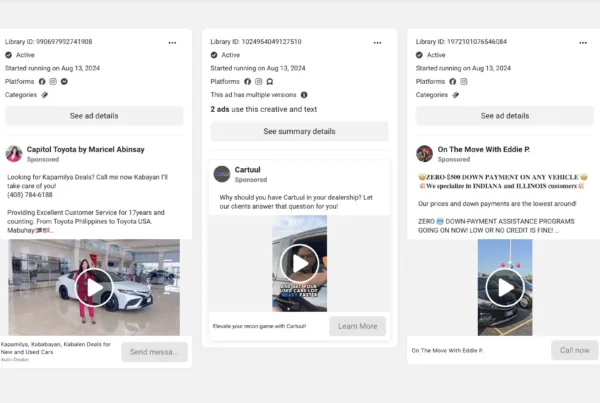
In a significant legal move, Texas Attorney General Ken Paxton has filed a lawsuit against General Motors (GM) over the alleged unauthorized collection and sale of private data from millions of Texas drivers. The lawsuit, which marks the first state enforcement action against an automaker for data privacy violations, claims that GM has been collecting location data from vehicles and selling it to data brokers without the explicit consent of the drivers.
The Allegations
The core of the lawsuit centers around the allegation that GM has been misleading drivers into unknowingly sharing their data such as location, speed, driver seat belt status, hard braking, and “rate of speed change”. This data, reportedly collected from over 1.8 million Texans, is said to have been sold to third parties, including data brokers and insurance companies. The lawsuit suggests that this data has been used to influence drivers’ insurance rates, potentially causing financial harm to Texas consumers.
Attorney General Paxton’s office argues that GM’s practices violate Texas privacy laws and the Texas Deceptive Trade Practices Act (DTPA). The lawsuit emphasizes that drivers were not adequately informed about the extent of data being collected, nor were they provided the option to opt out of such data collection practices.
Impact on Consumers
The alleged misuse of data has raised concerns about privacy and consumer protection in the rapidly evolving landscape of connected vehicles. With modern vehicles increasingly relying on advanced telematics systems, the potential for data exploitation has become a growing issue. This case could set a precedent for how automakers manage and protect the data generated by their vehicles.
The lawsuit also highlights the broader implications for the automotive industry, where the integration of technology into vehicles has created new avenues for data collection. Consumers are becoming more aware of the privacy risks associated with connected vehicles, and legal actions like this may prompt regulators and automakers to reevaluate their data practices.
GM’s Response
General Motors has not publicly responded to the lawsuit. However, the company will most likely challenge the claims, potentially arguing that the data collection practices were within legal boundaries and that drivers were sufficiently informed.
GM’s defense may hinge on the argument that the data collected was anonymized or that drivers consented to the data collection through the terms and conditions of vehicle use. The outcome of this case could have far-reaching consequences, not only for GM but for the entire automotive industry, as it grapples with the balance between technological innovation and consumer privacy.
The Road Ahead
The lawsuit filed by Attorney General Paxton is part of a broader effort by states to protect consumers from potential abuses in the data-driven economy. As vehicles become increasingly connected, the line between technological advancement and privacy invasion continues to blur. This case could serve as a bellwether for future legal battles over data privacy in the automotive industry.
If the lawsuit is successful, GM could face significant penalties, and the case could lead to stricter regulations on data collection practices by automakers. It may also encourage other states to take similar actions, further intensifying the scrutiny on how companies handle consumer data.
Conclusion
The lawsuit against General Motors underscores the growing tension between innovation and privacy in the automotive industry. As connected vehicles become more prevalent, the way automakers collect, store, and use data will come under increasing scrutiny. The outcome of this case could have a lasting impact on both the industry and consumers’ privacy rights. As the legal process unfolds, it will be important for consumers, regulators, and automakers to closely monitor developments to understand the implications for the future of connected vehicles.
To read the filing, click here
Sources:



